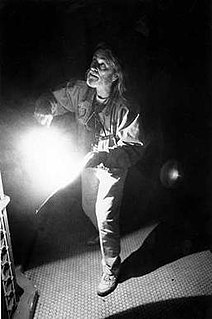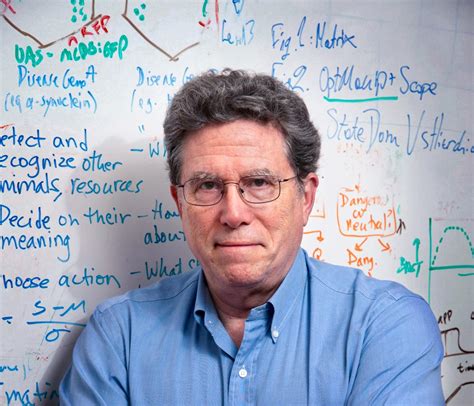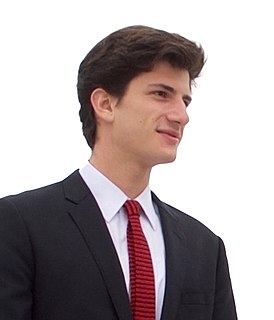A Quote by Candace Bushnell
... he was juggling issues and solving problems, which was why his brain had no space left for memories.
Related Quotes
Consider a cow. A cow doesn't have the problem-solving skill of a chimpanzee, which has discovered how to get termites out of the ground by putting a stick into a hole. Evolution has developed the brain's ability to solve puzzles, and at the same time has produced in our brain a pleasure of solving problems.
When Christ was about to leave the world, He made His will. His soul He committed to His father; His body He bequeathed to Joseph to be decently interred; His clothes fell to the soldiers; His mother He left to the care of John; but what should He leave to His poor disciples that had left all for Him? Silver and gold He had none; but He left them that which was infinitely better, His peace.
There are so many wonders awaiting us. If we can upload memories, then we might be able to combat Alzheimers, as well as create a brain-net of memories and emotions to replace the internet, which would revolutionize entertainment, the economy, and our way of life. Maybe even to help us live forever, and send consciousness into outer space.
If I had to bring the whole conspiracy in all its forms into one area, it would be to manipulate people into left-brain reality. That’s the key. Once they are in left-brain reality-it’s the area that decodes everything as apart, everything in terms of individuals, structure and language, rationality as we call it. Then you are parking them in the droplet. The left brain is great if it’s used to translate higher awareness into a form that we can work with here.
And if you look at society, the way it works, they are creating, from cradle to grave, left-brain prisoners. To advance in this society, you have to be good at passing exams in school, which are taking in left-brain information overwhelmingly. Then you go to the next level, and so on so that by the time you reach any level of significant influence in society or the institutions of society, you are fundamentally locked into your left brain. Or at least the majority of people are.
Experiments on split-brain patients reveal how readily the left brain interpreter can make up stories and beliefs. In one experiment, for example, when the word walk was presented only to the right side of a patient's brain, he got up and started walking. When he was asked why he did this, the left brain (where language is stored and where the word walk was not presented) quickly created a reason for the action: I wanted to go get a Coke.



































